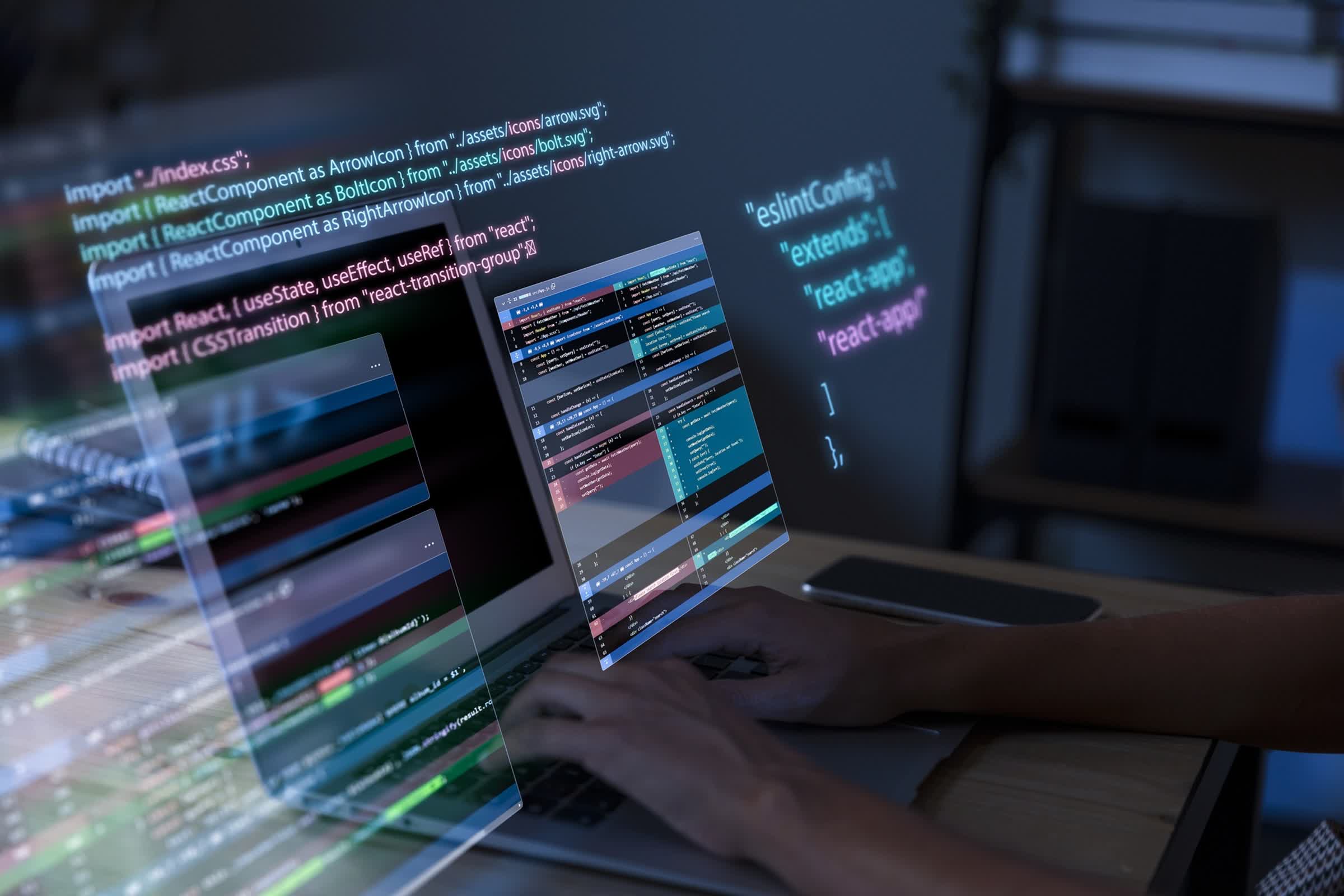Open source AI is the new Linux, only faster
Why it matters: When Liang Wenfeng launched his advanced AI model DeepSeek on Hugging Face, it marked a turning point for artificial intelligence and the global open-source movement. Its debut shifted the focus from a Chinese national achievement to a broader story about how open collaboration can cross borders and reshape innovation.
MongoDB Developer Relations head and open-source advocate Matt Asay argues that DeepSeek represents more than just Chinese innovation – it shows how open source reshapes ownership, collaboration, and the pace of technological progress.
"It stopped being Chinese the minute it was released on Hugging Face and no one can put the open source genie back in the bottle – not even the U.S. government," Asay wrote in Info World, where he moonlights as a contributing writer.
DeepSeek's release sparked a wave of global developer activity, including a high-profile effort from the Beijing Academy of Artificial Intelligence (BAAI), which launched a rival project called OpenSeek. The initiative aims to outperform DeepSeek while bringing together the global open-source community to advance algorithms, data, and infrastructure progress.
Policymakers, particularly in the United States, responded swiftly and harshly – adding the BAAI to a government blacklist. To Asay, attempts to rein in open-source artificial intelligence are futile and reflect a profound misunderstanding of the movement.
"DeepSeek didn't just have a moment. It's now very much a movement," he observes. "The open source AI ecosystem surrounding it has rapidly evolved from a brief snapshot of technological brilliance into something much bigger – and much harder to stop."
The scale of the movement is staggering. Thousands of developers – from academic researchers to hobbyists – are working to refine and expand open-source artificial intelligence models like DeepSeek. Platforms like Hugging Face now serve as global collaboration hubs, driving innovation faster than even the most nimble corporate labs. While Hugging Face may be a single company, the communities it fosters are far more durable – and beyond the reach of centralized control.
// Related Stories
This democratization of artificial intelligence is already reshaping the real world. Companies like Perplexity are incorporating open-source models into consumer products, proving that advanced AI is no longer the sole domain of tech giants or state-funded labs. Asay envisions a future where powerful AI tools are within reach of everyone – designed to be modified, improved, and expanded by a global network of developers. To him, the parallels to the early rise of Linux are unmistakable.
"It's Linux all over again. One passionate start becomes a movement, then infrastructure, then a global standard," he explains. "The key difference is that this time it's happening in months, not decades,"
Linux thrived not due to government or corporate backing but because it sparked a wave of developer contributions and innovation. This same dynamic is now driving the rapid advancement of open-source AI.
In contrast, organizations clinging to proprietary models, like OpenAI, are fighting a losing battle. As Asay puts it, "They're attempting to dam an ocean," underscoring the futility of trying to contain a movement defined by decentralization and collaboration. While some companies nod to open-source ideals, few have matched the transparency and openness shown by efforts like DeepSeek and OpenSeek.
Asay is clear-eyed about the challenges facing policymakers.
"Open source isn't subject to export controls or trade embargoes. It's a pull request away, all day every day," he notes.
Attempts to slow or block the spread of open-source AI will only backfire, harming domestic innovation and pushing leadership elsewhere. The lesson from recent technology history is that open ecosystems, driven by global collaboration, adapt and evolve far faster than closed, centralized projects.
The rise of DeepSeek and its open-source successors marks a fundamental shift in how technology is developed and distributed. Governments, corporations, and developers now face a choice: engage with the open-source AI movement or watch others pull ahead. Open-source artificial intelligence is not a distant trend – it is already transforming the landscape.
"No one can own this wave, no one can stop it, and no one can contain it," Asay concludes.


